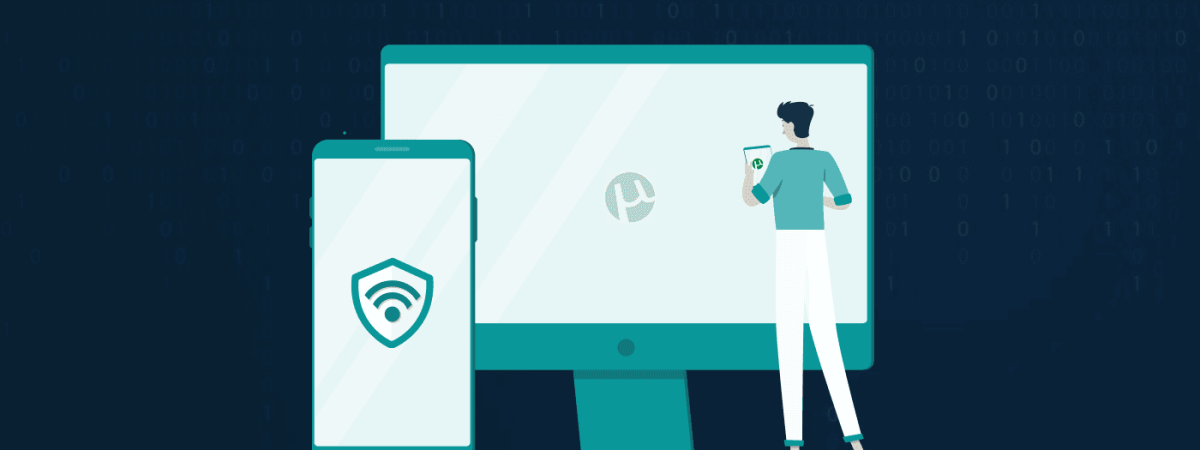Torrenting without a VPN service can result in heavy fines and prison time. Therefore, it is crucial to use a VPN while torrenting. It encrypts your data and masks your IP address, protecting you from copyright violations and your ISP.
Note: It is essential to use the right VPN for torrenting. We recommend using NordVPN as it has P2P servers and offers robust encryption.
Torrenting involves sharing and downloading copyrightable files like movies, music, and books. If you are part of the torrent network, you are walking in a legal minefield.
While most copyright owners are not keen on fighting for their rights over the material, a few are aggressive. They have engaged enforcers who have sophisticated systems in place to track violations. Because of the risk involved, nearly everyone on the torrent network is looking for a VPN for torrenting activities.
But not just any VPN can protect you from being caught. Indeed, you need to make the right choices and use whichever you select the right way.
How they get to you
Through their agents, the copyrighted material owners are always on the lookout for those accessing and distributing their material illegally. Today, they have sophisticated tools to do this.
Once they identify a violation, they often inform the internet service provider (ISP) of the perpetrator. The ISPs usually want to distance themselves from copyright violations.
They will contact the user and notify them about the concerns they’ve received. Usually, that warning is enough, and if you don’t continue downloading and distributing copyrighted files, you never hear from them again.
However, sometimes, the first communication you get from them regarding your torrenting activities is accompanied by the termination of an internet connection.
Meanwhile, the copyright owners might launch formal legal proceedings against you, which can culminate in a fine. In extreme circumstances, it can result in jail time.
The number of piracy lawsuits filed is rising. Over 3,000 cases are filed annually against BitTorrent users only in the US.
Besides the fine, other damage you are likely to experience includes losing your device, which is seized as evidence and may never be returned to you.
An ID may be outed
Even though a BitTorrent user is connected through a VPN, the copyright enforcer and the ISP can find out that they are torrenting copyrighted files. This can happen for various reasons. One of those is that the BitTorrent user is using a VPN that is not secure enough.
That means the copyright enforcer might discover their activity, identity, and even the internet service provider they use.
This often happens when a VPN service provider does not make the necessary effort to protect privacy, including assigning quality IP addresses and encrypting the data between a device and the Internet. In addition, it could also happen that the VPN you are using does not support sharing copyright material, and they might take it upon themselves to report violations to the enforcers.
You shouldn’t assume that every VPN out there will be fine with you torrenting all kinds of files. Therefore, it is essential to understand the terms of using a VPN, especially torrenting, before you take up their service.
Also, it is significant to watch out for leaks that might happen through accidental disconnects.
However, a great VPN comes with a feature known as an Internet Kill Switch. It turns off your connection when something is not working right. It does the same when you forget to close your BitTorrent client, and the torrents are still running.
How does a VPN help?
Suppose a BitTorrent user connects to the network through a VPN. In that case, copyright agencies will find it hard to find their identity, contacts, and even the ISP they are using.
That is because it encrypts the data that their device receives and sends. Before a book, movie, or music file reaches the computer, it is encrypted on a VPN service provider’s server. It is only decrypted once it reaches their device.
Similarly, before the files leave their device, they are encrypted and decrypted on the VPN service provider’s server before joining the torrent network.
Meanwhile, the VPN server assigns a new IP address for all communication between the device and the torrent network. This technique even protects you from your ISP; they wouldn’t know about your online activities.
Share this article
About the Author
Rebecca James is an IT consultant with forward thinking approach toward developing IT infrastructures of SMEs. She writes to engage with individuals and raise awareness of digital security, privacy, and better IT infrastructure.
More from Rebecca JamesRelated Posts
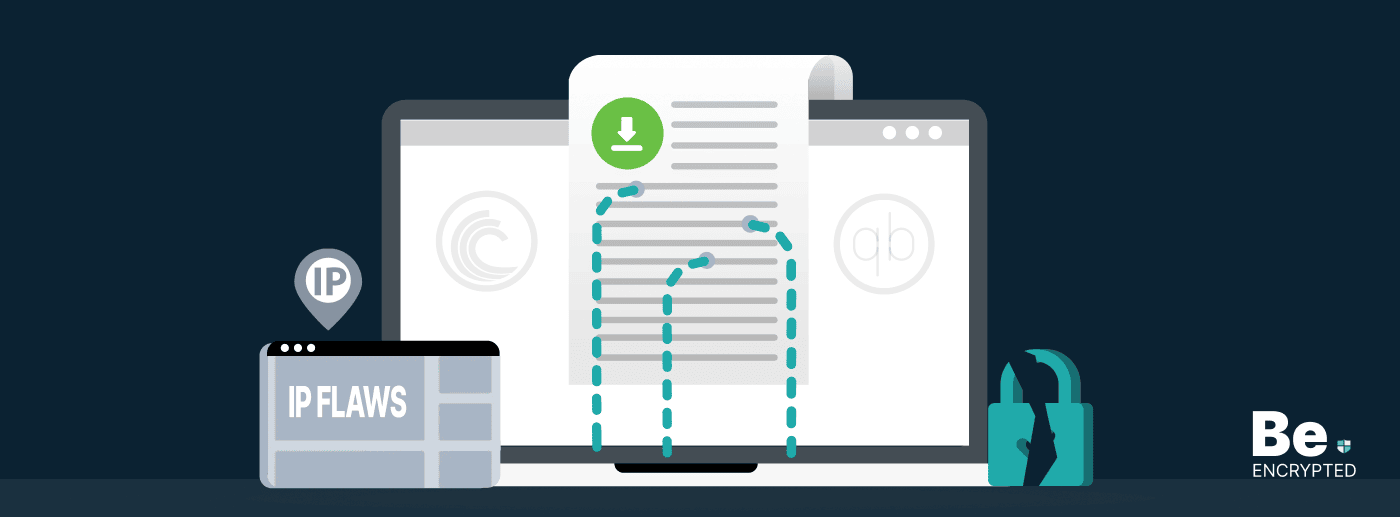
Torrent Privacy Risks: How to Torrent Safely and Anonymously?
KEY TAKEAWAYS Torrenting comes with its risks, but they aren’t insurmountable. Here are some ...
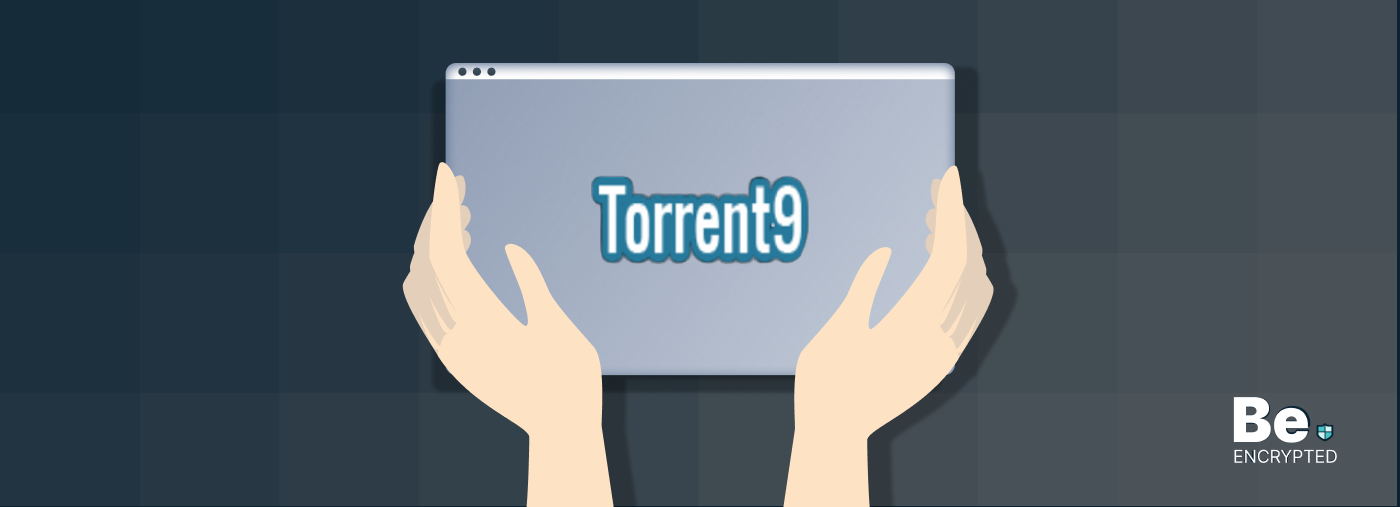
21 Best Torrent Search Engines in 2024 (100% Working)
KEY TAKEAWAYS The best Torrent search engines work to provide reliable torrent links. However, torre...
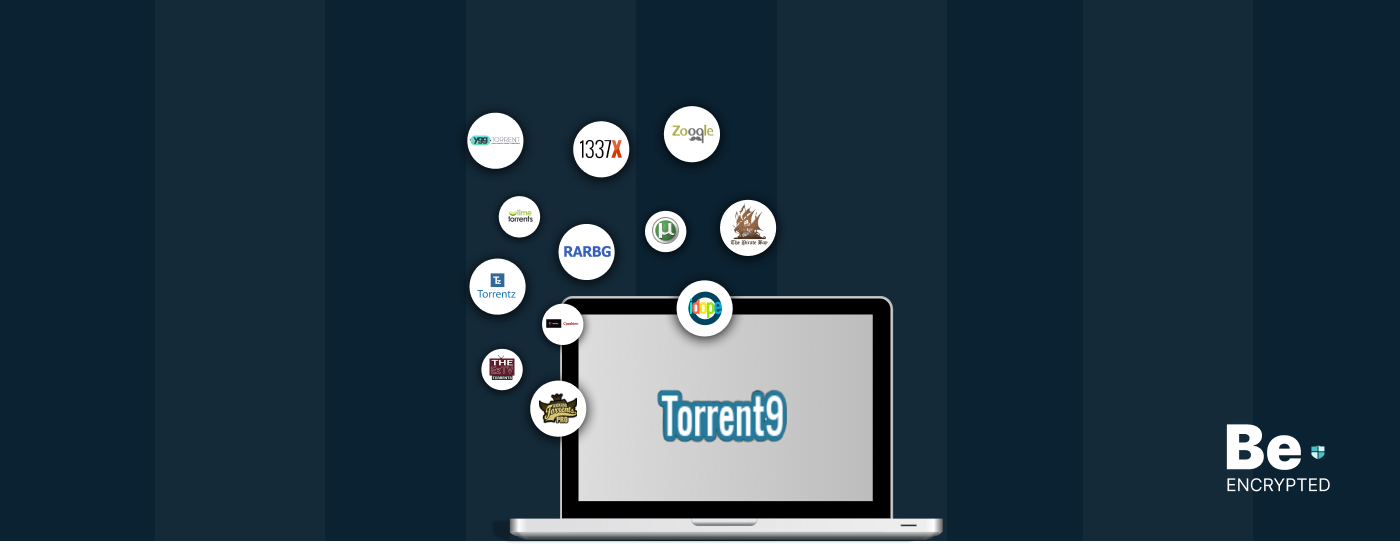
12 Best Torrent9 Alternatives in 2025
KEY TAKEAWAYS The popularity of Torrent9 has declined over time. It is because it offers copyrighted...
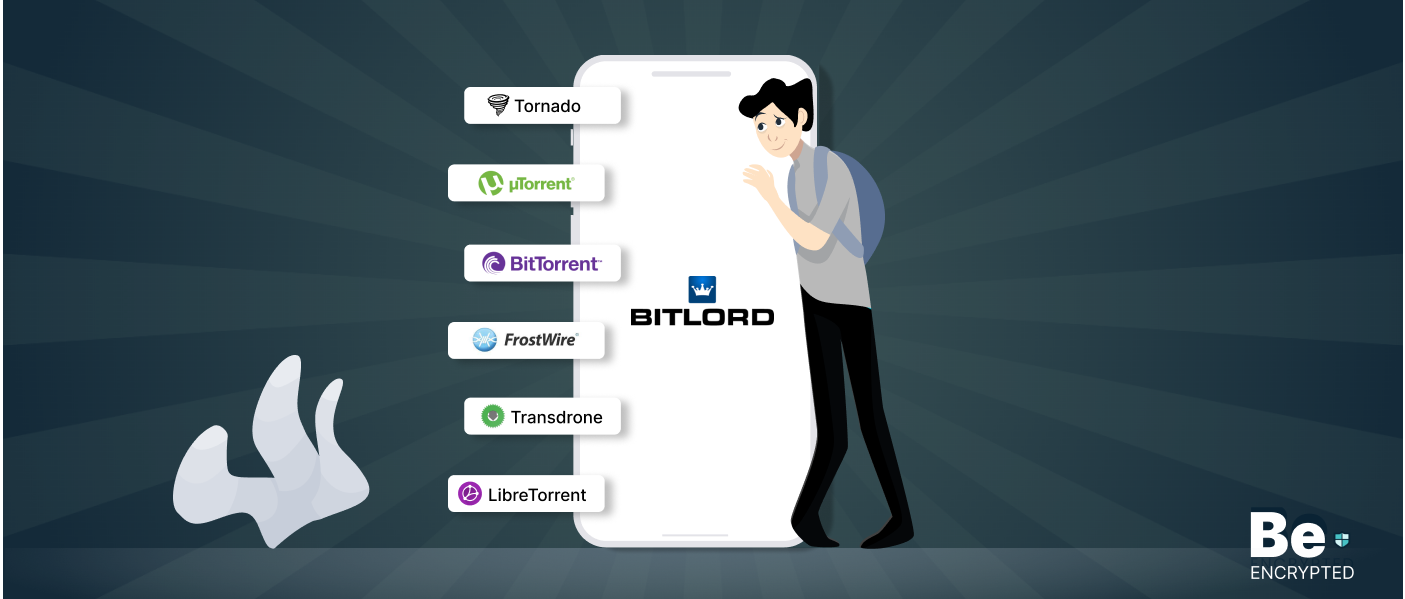
10 Best Torrent Apps for Android in 2025 (100% Working)
KEY TAKEAWAYS If you’re looking for a torrent downloader client for your smartphone, then have...
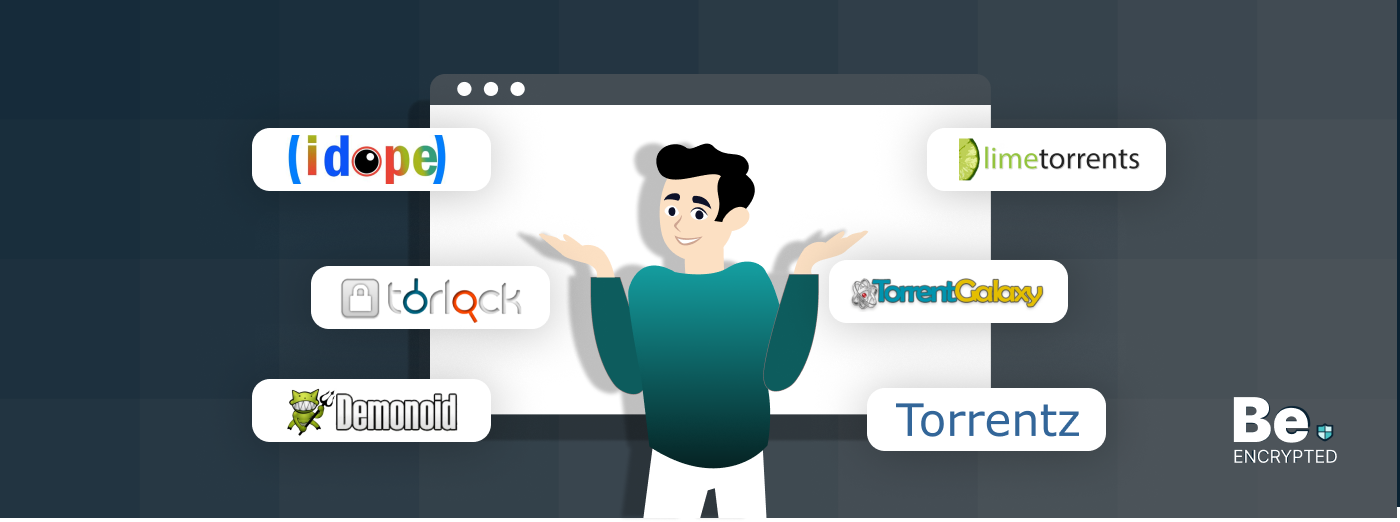
20 Best ExtraTorrent Alternatives and Proxy Sites in 2025
KEY TAKEAWAYS Authorities shut down the official ExtraTorrent website and erased all of its content....
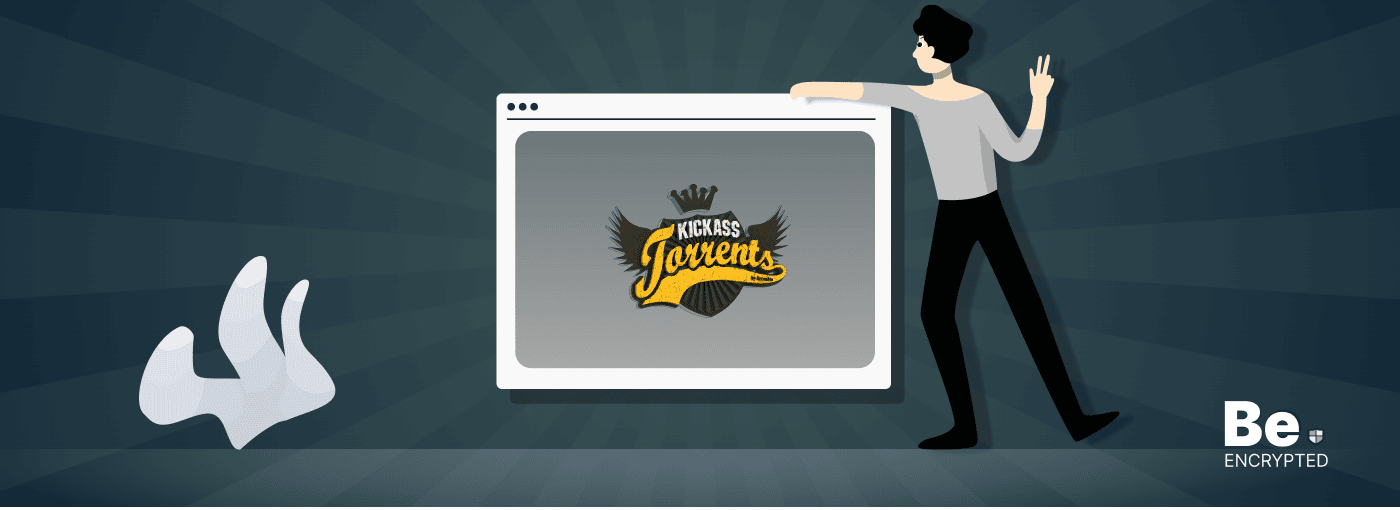
20 Best Kickass Torrents Alternatives in 2025
Kickass Torrents was one of the famous torrent sites, like the Pirate Bay, until the alleged ow...
